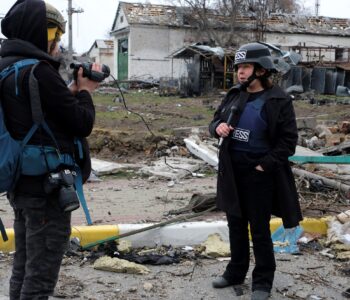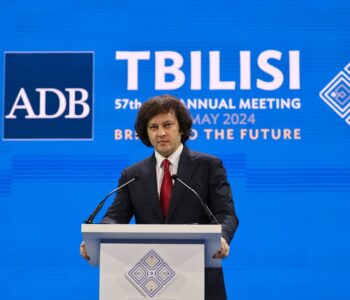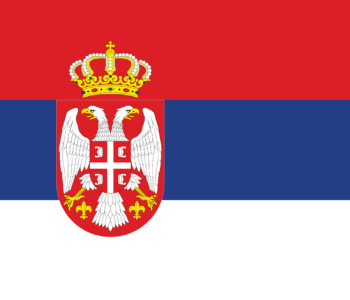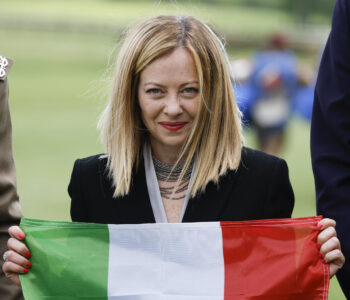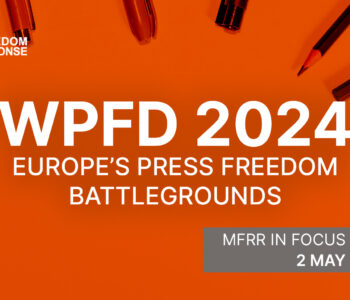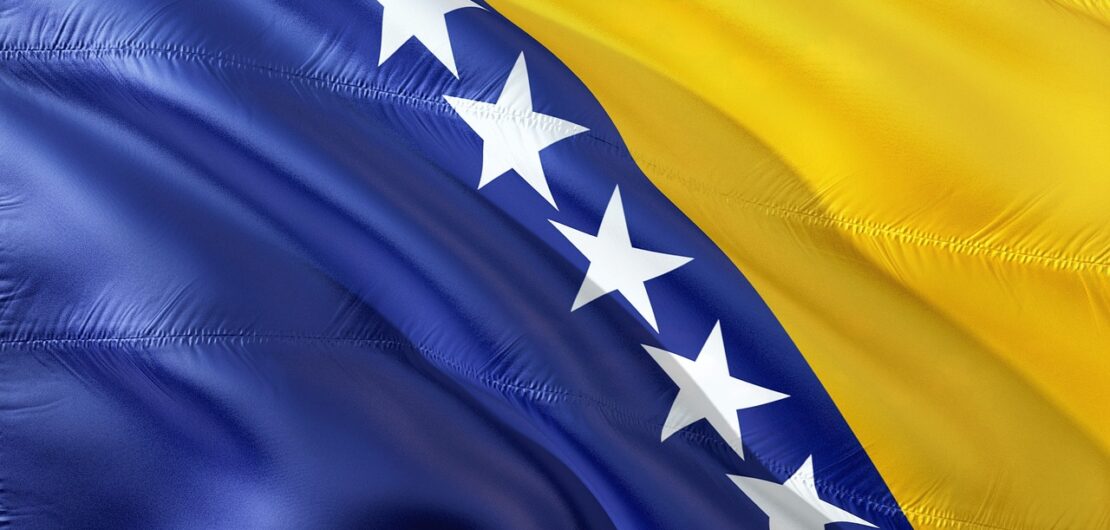 Library
Library
BiH: Authorities must urgently break the deadlock facing public…
BiH: Authorities must urgently break the deadlock facing public broadcasters and solve the financial problems
Following the temporary interruption of the TV and radio programs of the RTV Federation of Bosnia and Herzegovina on 8 May 2024, the Media Freedom Rapid Response (MFRR) partners denounce the irresponsible political management that created the crisis and led to direct violation of citizens’ right to freedom of information.
The long-standing financial dispute between the national public broadcaster (BHRT) and the federal public channel of Bosnia and Herzegovina (FTV), two of the three public service media in the country, led to an unprecedented media blackout ordered by the BHRT management board. As a result, most of the programmes were replaced by a test signal at 6 am on 8 May. The signal to FTV was reactivated a day later following the order of the Municipal Court in Sarajevo, which threatened BHRT with a fine.
On 15 May, the Prosecutor’s Office of Bosnia and Herzegovina issued an order to investigate the responsibility of the Steering Committee members of the Public Radio and Television System of BiH (BHRT, RTV FBIH, RTRS) whose twelve members are appointed by the entity parliaments and the Parliament of Bosnia-Herzegovina.
“Most of the problems faced today by BHRT and RTV FBiH arise precisely from the fact that the Law on Public Broadcasting System, adopted in 2005 and amended several times in the past period, has never been fully implemented in practice, nor is it respected,” said the BH Journalists Association, which denounced a huge lack of political will to solve the situation.
That system was additionally violated in 2017 by the unilateral decision of the RTRS, the radio television of the Republika Srpska, one of the two entities, not to respect the current law on the distribution of RTV fees, and the continuation of the dispute between two broadcasters in the Federation of Bosnia and Herzegovina.
“We hope that the investigation by the BiH Prosecutor’s Office will be an additional signal to the Steering Committee members of the three public broadcasters to urgently return to the key legal provisions on the method of collecting and distributing the RTV fee”, added the journalists’ association.
A MFRR mission to Bosnia and Herzegovina conducted in October 2023 warned that the very existence of Bosnia and Herzegovina’s public service media was at stake if the perennial crisis was not urgently resolved. The situation deteriorated further in December 2023, when the only source of income of BHRT had not been collected after a contract dispute with BHRT management. Bosnia and Herzegovina was on the verge of becoming the only European country without a public broadcaster, potentially leaving 800 employees with no job.
While in March 2024 the European Council agreed to open accession negotiations, Bosnia and Herzegovina has yet to improve its environment for the media to continue on its path towards the European Union, as the European Commission pointed out a “backsliding” in media freedom in its report published in November 2023. In particular, the BH Journalists Association has long denounced the dire working conditions for the journalists working in the two public services, their poor labour rights, low salaries and dilapidated state of their equipment.
The MFRR partners urge the competent authorities to find a sustainable solution in order to provide the public broadcasters with sufficient funding to operate normally, as well as the implementation of a legal framework that protects their independence and guarantees their public service mission. A sustainable financing of public services is a prerequisite for the country’s accession to the European Union, in line with the newly adopted European Media Freedom Act. The undersigned organisations also expect the investigation by the Prosecutor’s Office to shed light on the financial management of recent years and to find those responsible for the systematic obstruction of the Law on public radio and television system for almost two decades.
This statement was coordinated by the Media Freedom Rapid Response (MFRR), a Europe-wide mechanism which tracks, monitors and responds to violations of press and media freedom in EU Member States and Candidate Countries.


